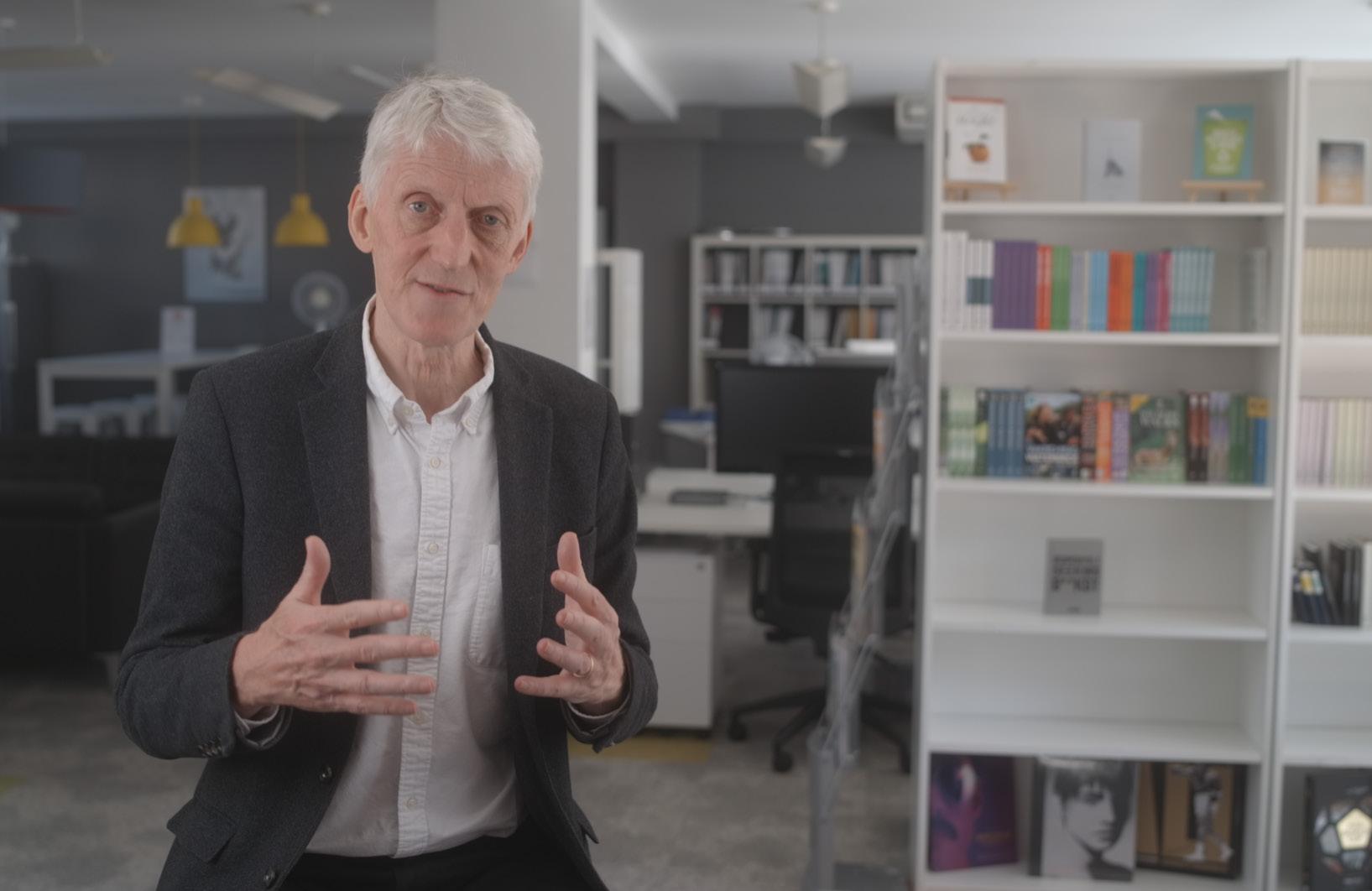
3 minute read
Why this is the moment to change
by CMI_
Jo Owen CMgr CCMI
Lenin said of the Russian revolution, “There are decades when nothing happens, and weeks where decades happen.” We discovered the truth of that statement at the start of the pandemic. People and organisations achieved far more change, in far less time, than we ever thought possible before. In the first 20 years of this century, we had fooled ourselves into believing that we were changing faster than ever. Then the pandemic hit and the first 20 years felt like a stroll in the park compared with the way organisations shifted to remote working, often overnight.
The pandemic has reset expectations about how much change you should be able to achieve as a leader. Under the right conditions, even long-established firms and ways of working can change radically and fast. Leaders now need to ask themselves what other changes they should be making. What other unforced changes should you make? What “impossible” changes are now possible?
Henry Kissinger, US secretary of state during the Vietnam War in the 1960s and ’70s, defined leadership as the art of “taking people where they would not have got by themselves”. This is useful because it helps us understand that there are plenty of people with grand titles who are not leading; they’re just managing a legacy they inherited. Leaders cannot live in the comfort zone of business-as-usual, because comfort zones become uncomfortable when the rest of the world is changing and you’re not.
The pandemic has raised the stakes for what leaders should be able to achieve, but it may also have made change more difficult, at least in the short term. Many firms are reporting widespread change fatigue. Staff feel that they have “done” change, and they now want some stability and predictability in their lives.
If you want to rise to the challenge of change as a leader, you need to do two things.
First, make sure that hybrid working is working for everyone...
At the moment, hybrid working is still working on the back of the goodwill of staff who are finding ways to make it work. That is not sustainable when it leads to overwork, stress, loss of a healthy work/ life balance and mental health issues.
Fortunately, making remote working work does not require some form of magic. You need to establish clear rhythms and routines that enable each team to work well. And every leader has to raise their game. Leading remotely is far harder than leading in person. Setting goals, managing workloads, influencing people and decisions and motivating your team is far harder when you cannot see your colleagues. But this is wonderful news, because it forces managers and leaders to be far more purposeful and deliberate in everything they do.
Only when your teams are comfortable and confident about how they work today will they be able to contemplate more change tomorrow. Piling more ambiguity, uncertainty and change on existing ambiguity, uncertainty and change is a recipe for disaster.
Then, build a coalition for change...
Once you have a stable platform, you can get to work. The challenge is to build your coalition for change in the new hybrid world. This is where you will discover that the office is not dead. The office is a wonderful machine for communicating, collaborating, influencing and persuading, building (or wrecking) trust, developing agendas, building coalitions and gaining support. In other words, it’s the perfect place to plan change and set it up for success. Doing all of these things remotely is possible, more or less, provided you already have established bonds of trust and networks of influence and support. But usually, this high-trust work is high-touch: you need to be face to face. —
The pandemic was a revolution. The challenge is whether you want to continue the revolution or seek refuge in a quiet life. As ever, the best firms and the best leaders will rise to this challenge and prosper.

Jo Owen CMgr CCMI is the author of Smart Work (Bloomsbury, 2021). Reach him at jo@ilead.guru

